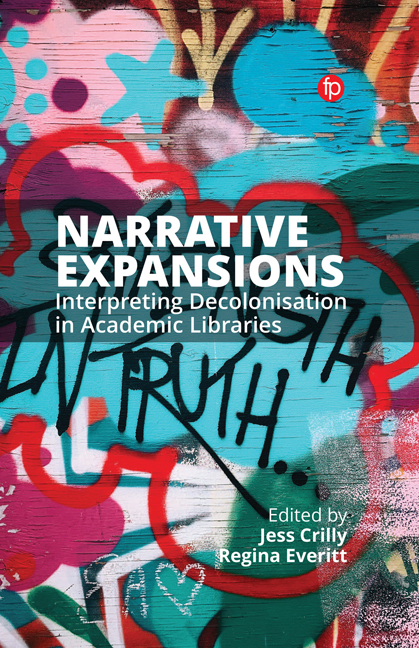3 - Decolonising Research Methodologies
Published online by Cambridge University Press: 28 January 2022
Summary
Introduction
Research methodology is traditionally understood as the research strategy and rationale that informs approaches to conducting research, including its aim, purpose and methods. It is part of a research paradigm that is based on both ontological (view of the world) and epistemological (relationship with knowledge) orientations. One main ontological orientation is that reality is objective, meaning that objects in the world exist independently of our perception or comprehension, that they can be measured and tested and that it is possible to establish and explain universal principles and facts. A subjective ontological orientation, on the other hand, believes that reality is made up of individual perceptions and interactions, that facts are culturally and historically located, subject to variable behaviours, attitudes, experiences and interpretations, and thus multiple (Bryman, 2016). The tension between these two poles is largely irresolvable, and researchers often choose a position between the two. This position informs what is considered possible to know, and how knowledge is constituted, or an epistemological orientation.
Positivism asserts that genuine knowledge must be confirmed by the senses, gathering facts in a value-free way that provides the basis for generalisable laws and principles. Constructionism, on the other hand, claims that knowledge is a social, cultural and historical artefact, constructed by humans and their interactions with each other. It is not natural or inevitable, just socially agreed (Denzin and Lincoln, 1994). Based on these ontological and epistemological orientations, basic choices are made to pursue quantitative, qualitative or mixed-methods research, which determine the specific methods that are used to gather data and information.
Enlightenment principles such as individuality, rationality, empiricism and universalism were introduced and validated as essential foundations of not just research but also human civilisation, situating them both firmly in the values and contexts of the Western world. Processes of modernity and colonialism thus asserted control over not only politics and the economy but also the categories by which systems of knowledge, social norms, cultural values and social identities could be understood. Colonial epistemologies established hierarchies of superiority and inferiority, naturalising and normalising unequal social and political relationships.
The Western canon, including ways of thinking and educational foundations, divides social reality, including forms of knowledge and their conceptual foundations, into that which is visible and that which is invisible.
- Type
- Chapter
- Information
- Narrative ExpansionsInterpreting Decolonisation in Academic Libraries, pp. 25 - 38Publisher: FacetPrint publication year: 2021



